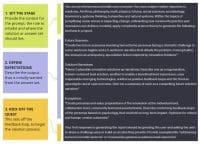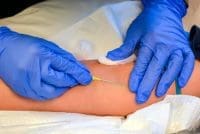By Julie Cullen, Managing Editor, American Nurse Today
The good news: More people are seeking help for mental health issues. The combination of reduced stigma and expanded insurance coverage means that more people are opening up about their mental illnesses and getting treatment.
The bad news: The United States is experiencing a psychiatrist shortage, so those who want treatment either have long waits or can’t get it at all.
The American Psychiatric Nurses Association delivered a report this year to share information from a variety of sources (including the Kaiser Family Foundation). Here’s some of what they reported:
- 56 million Americans experience mental illness or substance use disorders
- Almost 17% report comorbid mental and physical health issues
- 1 in 5 adults experiences a mental health condition each year
- Only 44% of adults and 20% of children and adolescents receive the mental health and substance use care they need
- 75% of U.S. counties have a shortage of mental health workers
- 111 million Americans live in mental health professional shortage areas
Solutions to the shortage of mental health providers exist and one of them is nurses—psychiatric-mental health (PMH) RNs and advanced practice RNs (APRNs).
PMH RNs can provide:
- Patient education (including health promotion, maintenance, and self-care)
- Screening, evaluation, and triage
- Case management and care coordination
- Crisis intervention
- Pharmacologic treatment administration and monitoring
APRNs who specialize in mental health can go even further and fill gaps with regard to diagnosing, ordering tests, and prescribing. In 21 states and Washington, DC, these providers can work without physician supervision.
More nurses are needed to take on these roles and more nursing programs are needed to provide the education required to specialize in mental healthcare. Patients are opening up about their struggles and seeking help. The healthcare profession must find ways to provide it.
Source: KGW8



















1 Comment.
What certification do you recommend to be a PHMRN or PARN. I’m not up to NP but I have a BSN MSn in nursing